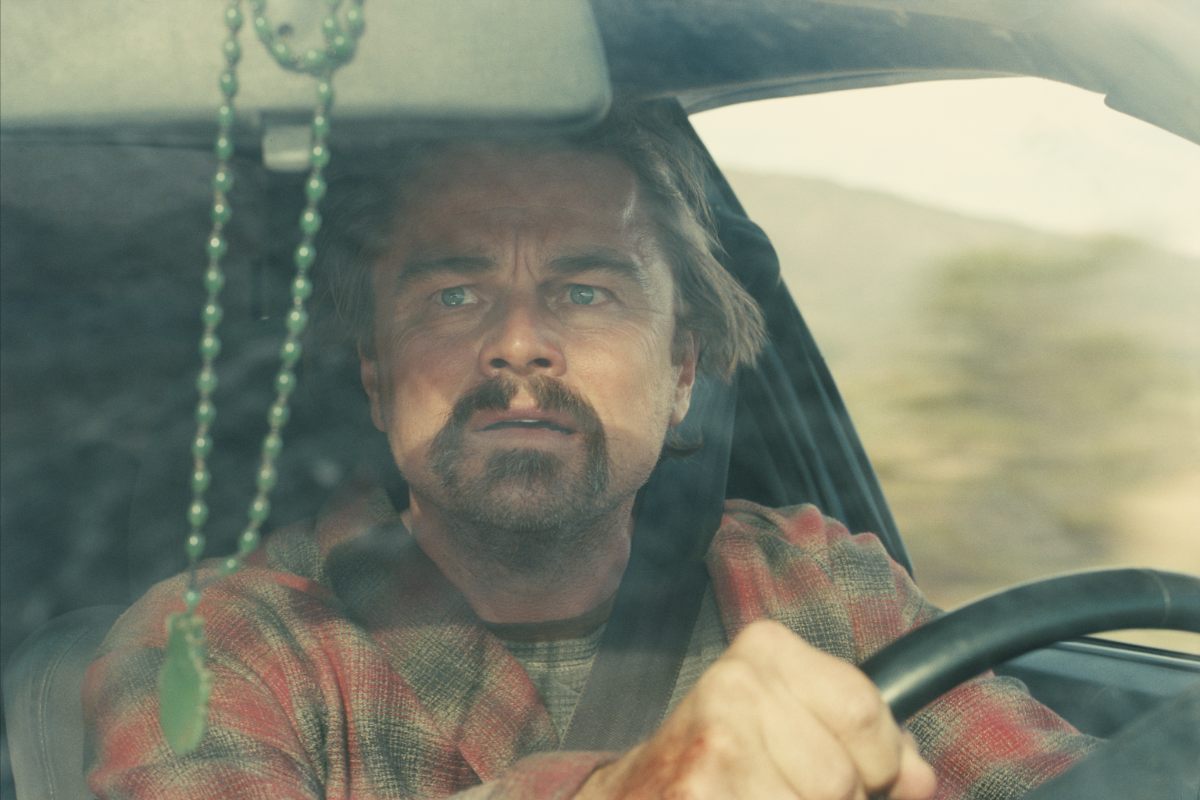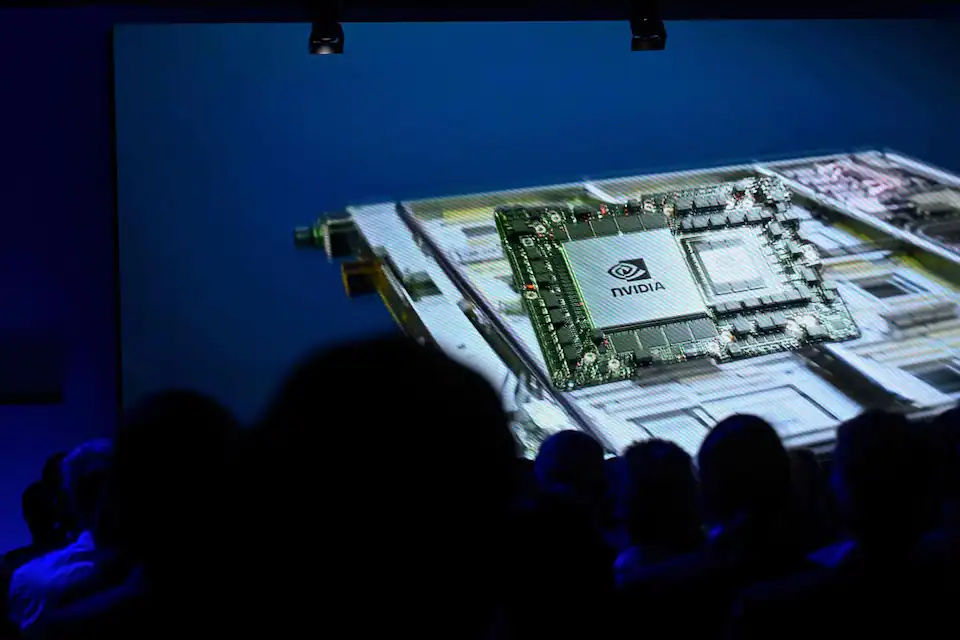By Asher Luberto
Copyright laweekly

Every once in a while, a movie comes along that reminds me why I fell in love with movies — why I sit in traffic, amidst honking cars, blank-faced drivers and bumper-to-bumper malaise, then sit in a theater that reeks of stale popcorn. It’s because when those lights dim, and the projector casts a canvas of sights and sounds, occasionally the story on screen holds an entire audience captive in a communal experience of shared laughter, tears, tension, heartache and heartwarming optimism that transcends political beliefs. Everyone’s along for the ride, regardless of how we feel about each other outside those doors. Paul Thomas Anderson’s latest movie, One Battle After Another, is one of those rides. For three hours, this whimsically madcap, gloriously maddening roller coaster of a movie had me and everyone else in the theater in a wonderful state of communal rapture.
From the opening scene, where a group of revolutionaries called the French 75 descend upon an immigration detention center, silhouetted by a gelato sunset as Jonny Greenwood’s score sweeps across the desert like a breeze, you’re immediately swept up. In this decades spanning odyssey of political activism — where gun violence, white supremacy and heated immigration policies resurface every year — the film never strays from its beautiful aesthetic or beating heart.
It’s a movie about a robe-wearing, overweight, over-the-hill activist who’s like a modern Lebowski, somehow messy and lovely. We meet the activist Bob (Leonardo DiCaprio) and his wife Perfidia (Teyana Taylor) during that opening raid. She valiantly snags the gun of the officer in charge (Sean Penn) and pops off a few shots in his direction, ordering him around like a dog. Penn’s performance as a lunatic who looks like a white supremacist Ken might be the most impressive performance of his career, overflowing with madness like an overheated kettle. He gets a boner just from Perfidia’s ruthless taunting. (And yes, this movie has boner jokes, but enough about that.)
What keeps us engaged is this movie’s central couple. As you’d expect, DiCaprio delivers a tremendous performance in his first PTA film. His character is soulful and vulnerable, a stoner screwup who sees another chance at purpose when his child is born. When a bank heist goes wrong, temporarily separating him from Perfidia, he is left solely in charge of caring for their newborn child.
Next thing you know, she’s a teenager going by the name of Willa (Chase Infiniti), living with her pot-smoking father Bob, who, while remaining a revolutionary at heart, has shaped a more normal life for them both. The good old days of activism are in the rearview mirror for Bob, at least until Penn’s villain resurfaces in his life, searching for Willa in a modern-day ICE raid. Bob can’t protect her alone (he’s smoked a ton of pot), which brings in a delightful Benicio del Toro as a sensei-figure to shepherd Bob toward heroism, sparking a buddy comedy vibe that is bizarrely hilarious as they prepare to face off with Penn’s maniacal racist.
One Battle After Another shoots off in a trillion directions with every shot hitting its target in a chaotic yet invigorating way. It’s an adaptation of a Thomas Pynchon novel, after all, and a far more effective one than Anderson’s hippie burnout epic Inherent Vice. In fact, Anderson is so in step with Pynchon’s cerebral, brainy, politically charged prose that it wouldn’t be a stretch to call Battle his best movie since There Will Be Blood. Both artists dabble in a sort of meandering style that deals with obsessives, probably because Anderson is an obsessive himself, with moments of dry humor sprinkled amidst thought-provoking ideas about society.
Where else are you going to find a group of rebel nuns called The Sisters of the Brave Beaver fighting for something as serious as immigration policies, other than One Battle After Another? It ranges between action sequences that make every turn feel like a battlefield, explosive conversations surrounding racism, xenophobia and political tumult, to comedic sketches of DiCaprio ranting about technology to his daughter while smoking a joint in a bathrobe.
It’s a tone that is serious and unserious, exciting, baffling, confusing, rip-roaring, depressing and uplifting in equal measure — which is to say, it’s another Anderson classic. The director of such gems as Punch-Drunk Love throws all these colorful tones onto the VistaVision screen, creating a Pollock out of political paranoia, a rollicking action comedy we can all enjoy.
Ending on a car chase, I watched as the audience’s heads turned back and forth like they were at a tennis match. Everyone was zoned in on the movie — people of all backgrounds gathering together for the communal experience, who then politely discussed it while they left the theater, which, when you think about it, might be its own triumphant form of political activism.



